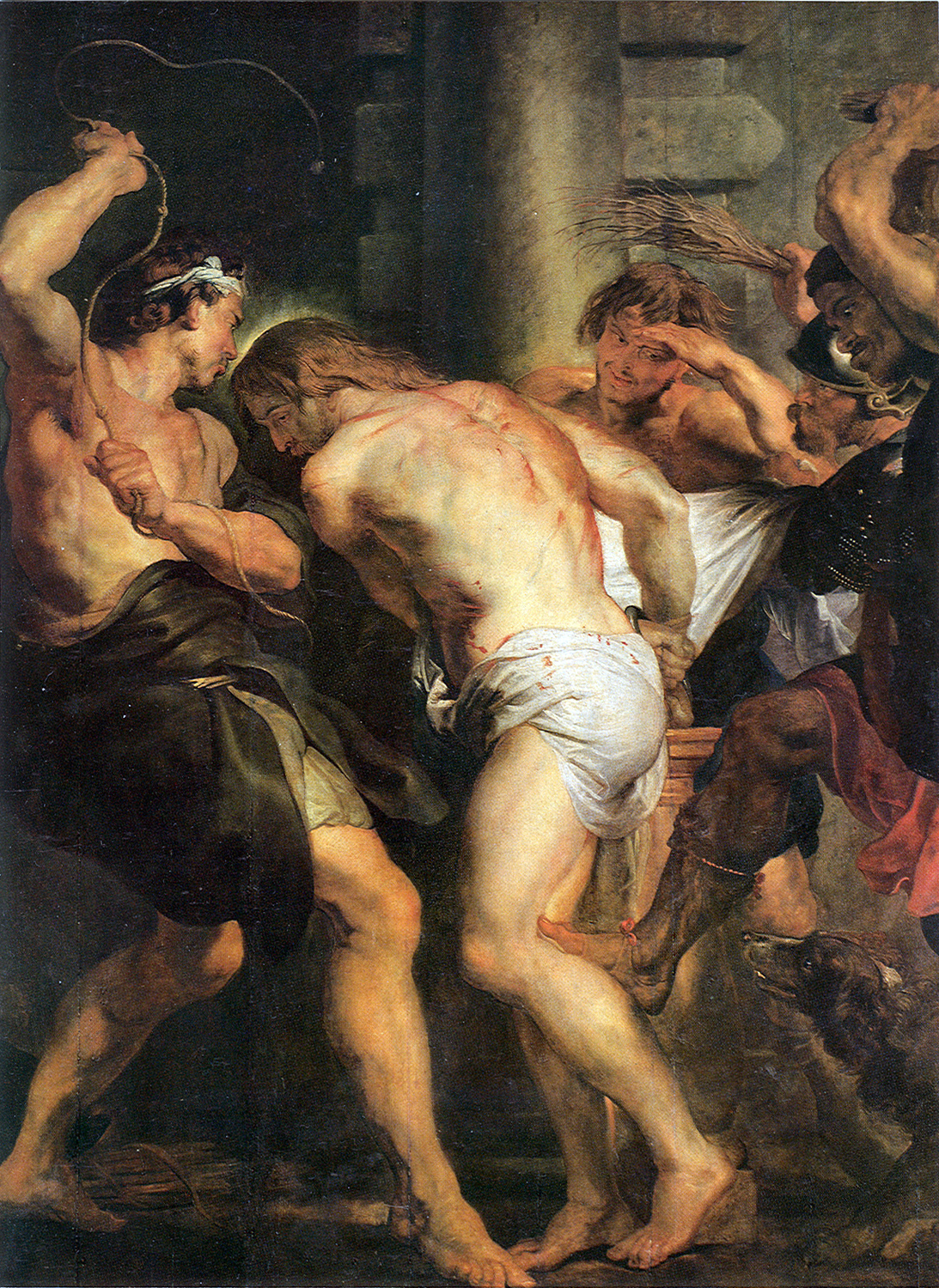Praying the Mass and the Liturgy of the Hours teaches us how to discerning God's will
 Liturgical prayer is a means for discerning our personal vocation and God’s will for us…and so much more In the Lenten readings from the Liturgy of the Hours we have an example how through the Liturgy the Church instructs us about the value of praying the Liturgy with the Church. The reading from Vespers on Monday of weeks 1 and 2 in Lent reads: ‘My brothers, I implore you by God’s mercy to offer your very selves to him: a living sacrifice, dedicated and fit for his acceptance, the worship offered by mind and heart. Adapt yourselves no longer to the pattern of this present world, but let your minds be remade and your whole nature thus transformed. Then you will be able to discern the will of God, and to know what is good, acceptable and perfect.’ (Rom 12:1-2)
Liturgical prayer is a means for discerning our personal vocation and God’s will for us…and so much more In the Lenten readings from the Liturgy of the Hours we have an example how through the Liturgy the Church instructs us about the value of praying the Liturgy with the Church. The reading from Vespers on Monday of weeks 1 and 2 in Lent reads: ‘My brothers, I implore you by God’s mercy to offer your very selves to him: a living sacrifice, dedicated and fit for his acceptance, the worship offered by mind and heart. Adapt yourselves no longer to the pattern of this present world, but let your minds be remade and your whole nature thus transformed. Then you will be able to discern the will of God, and to know what is good, acceptable and perfect.’ (Rom 12:1-2)
This passage is telling us in order to discern the will of God, we ought to make a ‘living sacrifice’ of ourselves. That living sacrifice is specifically our worship of God, that is, our participation in the liturgy - the Mass and the Liturgy of the Hours. What makes this living sacrifice ‘worthy and fit for his acceptance’ is that it is a participation in the only living sacrifice than can have that high worth, that is the sacrifice of Christ himself. There is only an upside to this. We get a free ride - we pray the liturgy, and in so doing open ourselves up to the reception of all the benefits of the supreme act of living made by someone else, without experiencing any of the pain. Christ bears all of that. It is an absurdly one-sided arrangement in our favour. It is such good news that it is scarcely believable, yet this is truly what we are offered through the Church. There is a standing offer already made, and our prayer is the act of acceptance.
 Then, just in case we doubted that this living sacrifice is the prayer of the Church, we read the next morning in the Office of Readings a commentary by St Augustine on Psalm 140, 1-2. The Psalm passage he is commenting on reads as follows:
Then, just in case we doubted that this living sacrifice is the prayer of the Church, we read the next morning in the Office of Readings a commentary by St Augustine on Psalm 140, 1-2. The Psalm passage he is commenting on reads as follows:
‘I call upon you O Lord, listen to my prayer, Give ear to the voice of my supplication when I call to you.
Let my prayer be counted as incense before you, And the lifting up of my hands as an evening sacrifice.’
Within the commentary he explicitly makes the connection between the sacrifice and prayer of the faithful as part of the body of Christ, that is, the liturgy. He also explains how the pain and anguish that Christ felt in his passion is due to His bearing our sins and agony. The blood that streamed over his body when experiencing the agony in the garden was not due to anxiety for himself but, says Augustine: ‘Surely this bleeding of all his body is the death agony of all the martyrs of his Church’. We have just had the Feast of the martyrs Perpetua and Felicity. What is so striking the account of their deaths (again given in the Office of Readings) is how cheerfully and gracefully they bore the grevious mutilations that eventually killed them. I wonder at their purity and cooperation with grace and I wonder also at the fact that this pain is what Christ is choosing to experience on their behalf.
Augustine goes on to encourage us by saying that this is available to all of us: ‘All of us can make this prayer; this is not merely my prayer; the entire Christ prays in this way. But it is made rather in the name of the body…The evening sacrifice, the passion of the Lord, the cross of the Lord, the offering of a saving victim, the whole burnt offering acceptable to God; that evening sacrifice produced in his resurrection from the dead, a morning offering. When a prayer is sincerely uttered by a faithful heart, it rises as incense rises from a sacred altar. There is no scent more fragrant than that of the Lord. All who believe must possess this perfume.’
Paintings by, from top: El Greco, Rubens and Titian
